This week we had the chance to ask a few questions to Dr. Angela Sardina, a Recreation Therapy professor at the University of North Carolina Wilmington, who teaches a course that explores various modes of expressive arts. Music Therapy/Therapeutic Music is one modality that she discusses in her class, so we asked her a few questions about music and its healing power. Check out her responses below!
What is music therapy?
According to the American Music Therapy Association, music therapy is defined as, “The clinical and evidence-based use of music interventions to accomplish individualized goals within a therapeutic relationship.” Music Therapy is provided by a clinical and credentialed health professional who utilizes music to address the physical, cognitive, and psychosocial needs of an individual, in efforts to improve health outcomes for persons-served. However, the therapeutic use of music has been employed by other allied health professionals, particularly recreation therapists, in which singing, passive listening, and/or the implementation of appropriate modifications to enhance the ability to play a musical instrument are incorporated to promote self-expression and enhance leisure opportunities for persons with chronic conditions or disabilities.
Who can benefit from music therapy?
Individuals with mental health needs, regardless of age, may benefit from music therapy. Additionally, growing research has shown the effectiveness of music as a therapeutic medium among those with Alzheimer’s disease and related dementias, those with physical or developmental disabilities, individuals with traumatic brain injury, as well as persons who have cancer, among others.
How can music therapy be implemented?
Music therapy and the therapeutic use of music may be implemented in a variety of clinical health, as well as community, settings (e.g., hospitals, inpatient and outpatient rehabilitation centers, long-term care settings, adult day centers, hospice, cancer treatment centers, and school settings, among others).
What are some benefits of music therapy?
The benefits of music are wide-ranging, and span across physical, cognitive, and psychosocial health. Research has continued to demonstrate that music may improve mood, self-expression related to thoughts and feelings, psychological or mental health (e.g., reduced depressive symptoms and/or symptoms of anxiety); reduce pain, levels of stress, and negative behaviors observed among those with dementia (e.g., verbal or physical non/aggression); enhanced recall, relaxation, verbal and non-verbal communication; and increased perceived quality of life.


